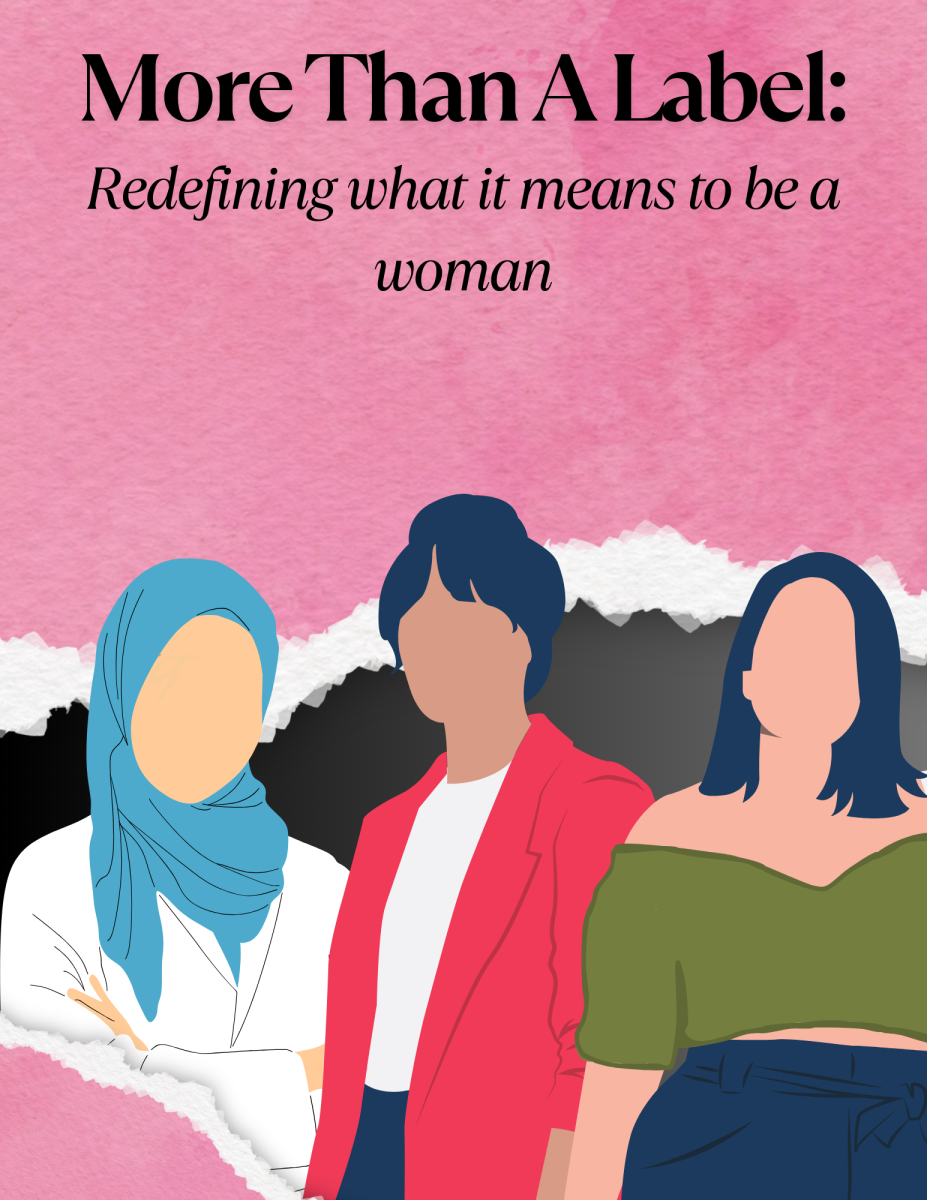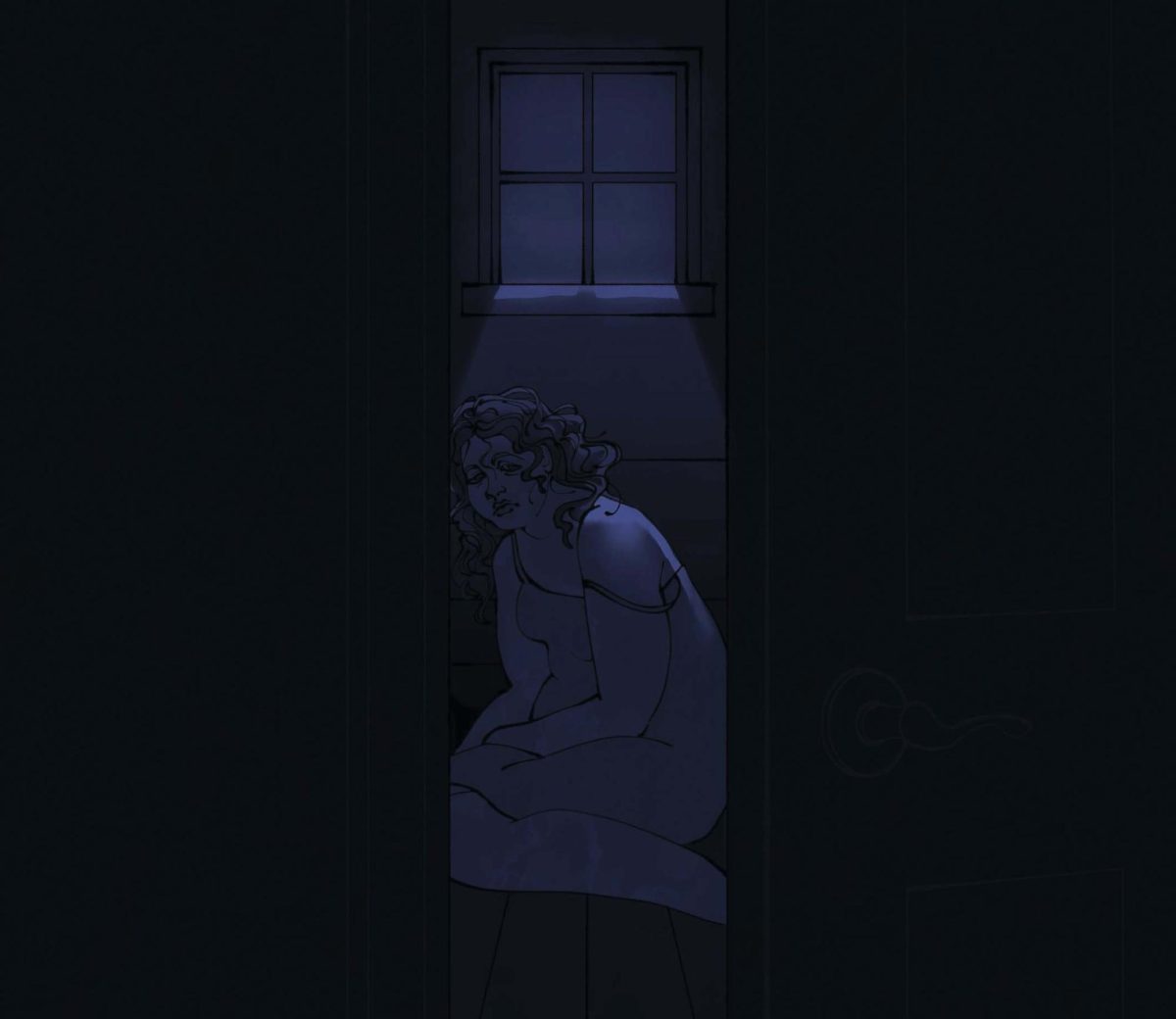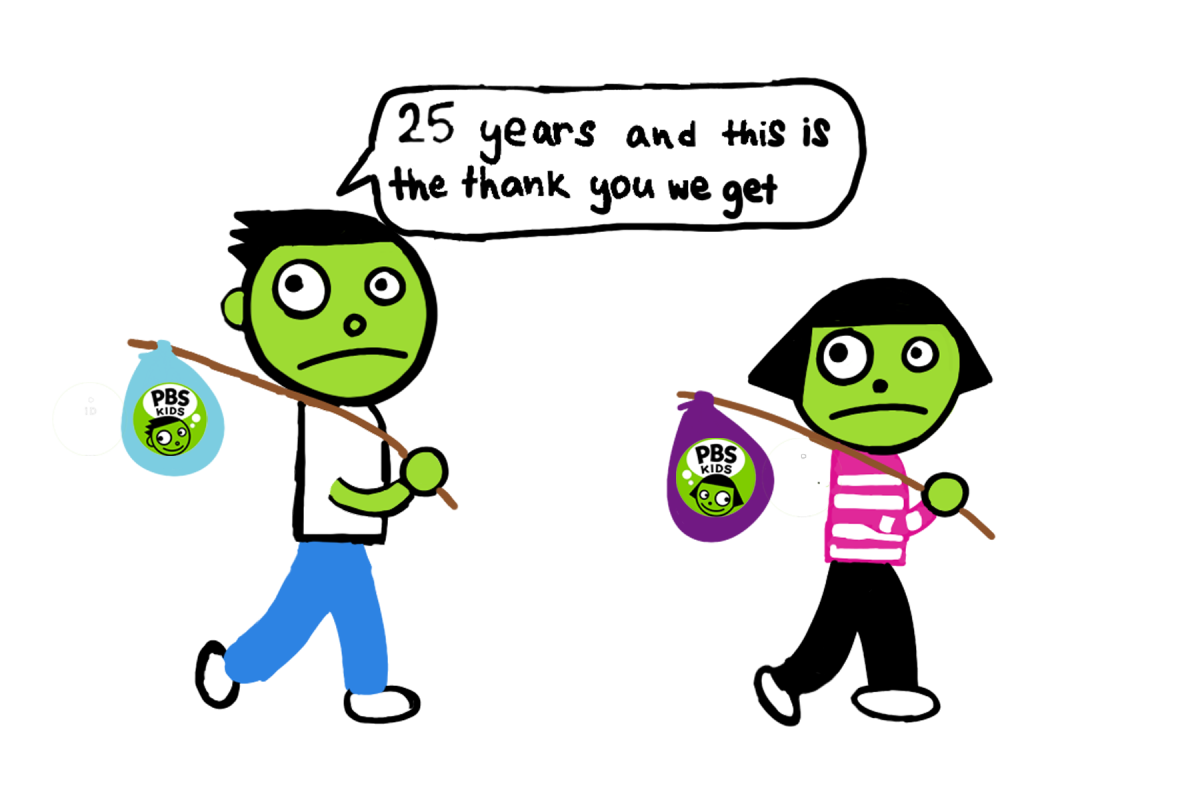Social media is unlike anything we as a nation, or even a species, have faced before. It’s more addictive than the rush of any drug, it’s more dangerous than any weapon, and it’s planted itself in our lives deeper than any other social construct that exists.
Way back in the early 2010’s, this was unlike anything consumers had faced before, and they responded accordingly. Tech giants were built overnight, as companies like Meta, Amazon, and Apple figuratively rode the technological wave. Once these pillars of social media’s existence were set up and firmly in place, the first few drops of poison were in play and there was no turning back.
A nation of addicts had been born.
With our own devices of destruction now widely available for public consumption, consumption is what we commanded. Hundreds of billions of dollars flowed into the tech industry and tens of millions of smartphones found their way into the pockets of nearly every American older than the age of 9, and the numbers reflected this. Our phones have given us the power of instant communication. With just a few clicks on the screen, any message can be sent at any time of the day to any person, and they can respond within seconds.
According to a survey conducted by Backlinko, a digital marketing company that specializes in hyperlink development and advertisement, “social network platforms’ total user base [in America] in the last decade grew from 970 million in 2010 to 5.24 billion users in January 2025.”
I was one of those Americans.
My parents bought me a phone for Christmas break of my 6th grade year. I was 11 years old. Readily available to an impressionable and clueless me was this beautiful, enticing creation of social media. Almost instantly I could directly message my best friends whenever I wanted, I could see their posts on public accounts, and I could watch Youtubers do things I had never dreamed were possible. For a while, existence was magical.
But, like all drugs, my high came to an end. Those fun few minutes spent texting a friend back or playing a game turned into hours of searching for the next dopamine hit. There was no self control as nobody had regulated it. I, like tens of millions of kids my age, had been thrust into an endless spiral of short-term dopamine rushes and instant gratification
So why is social media so bad? What dangers should I have been privy to?
Life online trains you to be less happy. All day, over and over again your brain responds to little messages from your phone. A notification ding, the bright red notification banner, perhaps a spam call or email, maybe a breaking news report begging for your attention. While this seems innocent on the surface, the poison infiltrates at a much deeper level.
Every time you get one of those small, almost subconscious indicators telling you to check your phone, your brain releases dopamine, a chemical that gives you feelings of happiness and satisfaction.
According to The Cleveland Clinic, “Dopamine is a neurotransmitter and a hormone. It communicates chemical messages between nerve cells in your brain or between your brain and the rest of your body. It plays an important role in many of your body’s functions, including memory, motivation, learning, reward and movement.”
However, it’s this chemical process that social media capitalizes on to get you hooked. While using social media, your brain is told to produce dopamine so many times that it begins to actually dilute the receptors, essentially watering down the chemicals that make you happy. Just like any other chemical drug like caffeine or THC, when your system receives too much too quickly it builds a tolerance, which over time leads to smaller amounts being impacting the chemistry of your brain.
A newfound lack or shortage of dopamine in your body is one of the leading factors behind many of the mental health conditions that afflict the primary demographic of social media users: teens. Anxiety, depression, insomnia, paranoia, and mood swing diagnoses have seen an incredible upswing since 2016 in all people aged 15-25, and this has been directly contributed to the widespread use of social media.
But none of this makes social media unique. There are countless other ways for people, especially teens and young adults, to get a quick hit of happiness. Like our online lives, drugs provide a short term burst of happiness and a way to spend your afternoon, gambling offers a fiscal incentive, and pornography is an alternative to the sexual aspect of being online that some people may find. Seemingly, there’s nothing that sets social media apart and allows it to persist as prevelantly as it does
But, it does exactly that. More and more people every year sign up for the most popular apps available despite the widespread knowledge and research that points a big red arrow at the “danger!” sign.
The reason behind this phenomena is exactly as simple as you’d think; there just isn’t another option. The benefits of being online are small in magnitude and irrelevant in the grand scheme of things, but the one problem that almost all people face when trying to quit their socials is that there just isn’t an alternative. In a world that moves this fast, it’s paramount to stay updated, connected, and on top of things, which is why so many people have built their lives around the hyper-connectivity that social media provides.
According to the Lanier Law Firm, “Conservative estimates suggest that roughly 10 percent of Americans are addicted to social media. That translates to 33.19 million Americans based on 2021 population data.”
The tools of social media have been integrated into our society in its deepest forms, oftentimes by law. Businesses pay their employees via direct deposit, congressmen run campaigns through your email inbox, delivery services track your address via online information pools. Even as a student I check my grades online through synergy and I communicate with my teachers through gmail, a social media application.
Seemingly, the resourcefulness of humankind has been outpaced by the degeneracy of our reliance on a third party to run our lives, and we are unable to break away from its grip.
For many young Americans who, like myself, are caught in this cycle, it seems like there’s no way out and the world is ending. It’s exhausting and discouraging to wake up everyday and see your peers, parents, and professors using the same social media apps that have weighed so heavily on your mental health.
However, even in the face of such a cruel and powerful opponent, there’s hope in breaking this pandemic of mental health, and the answer is just as simple as the problem.
Delete those apps. Unplug your life, literally if necessary, from the internet. Treat yourself to meaningful interactions without the presence of a screen, and focus on finding happiness outside of being online when you’re alone. With no notification to reel you back in, take control of your own life and just step outside.







